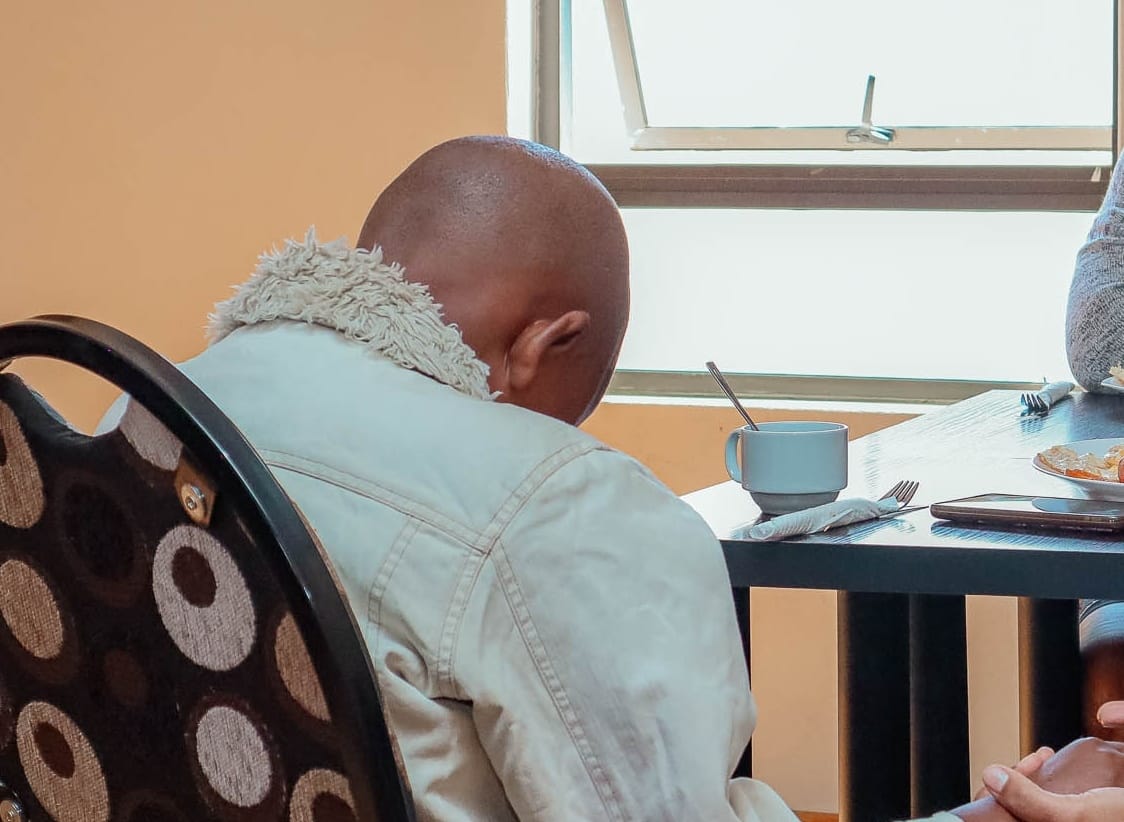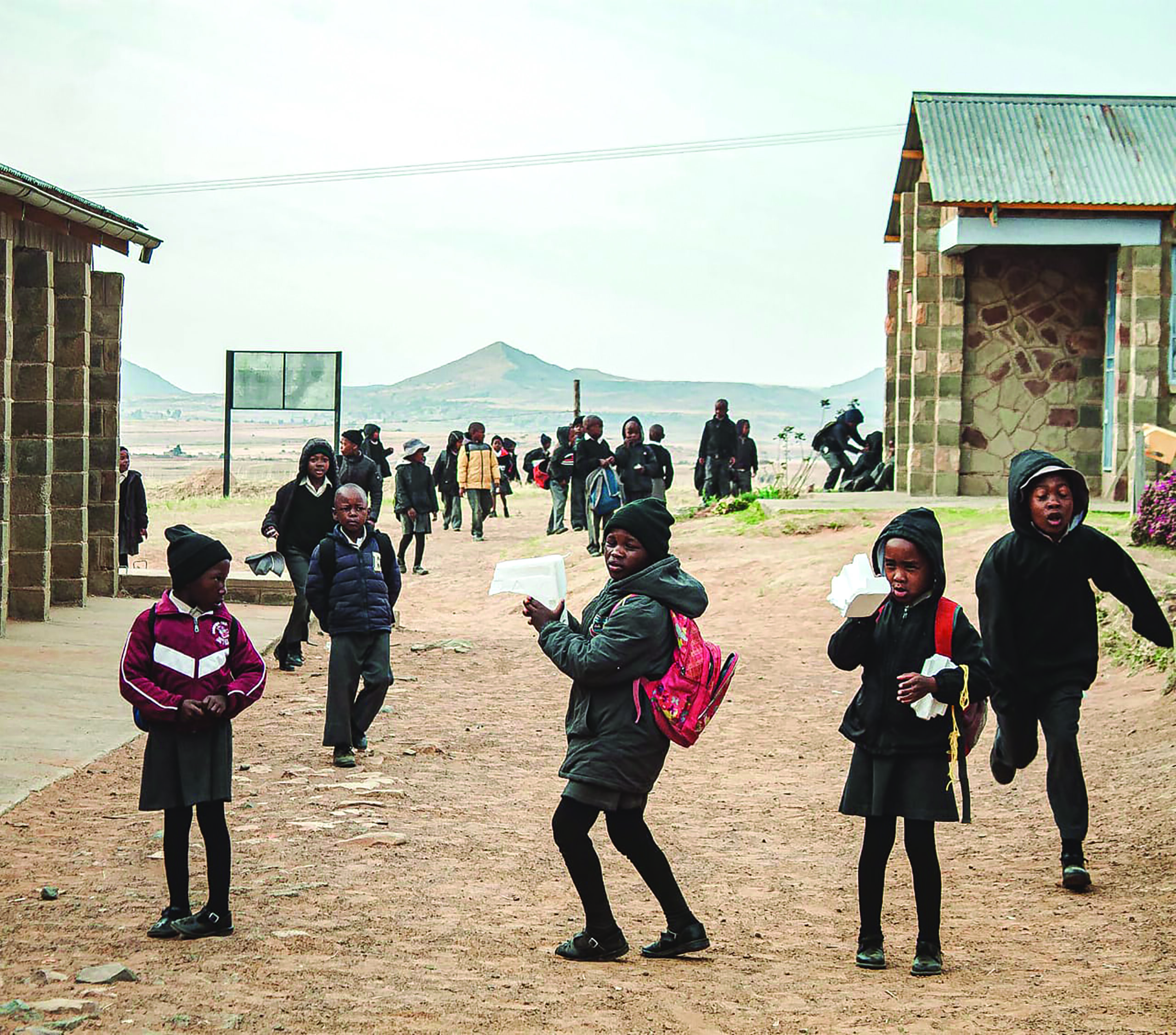Lesotho has been urged by 13 countries to formally abolish the death penalty, maintain its de facto moratorium on executions, and ratify the Second Optional Protocol to the International Covenant on Civil and Political Rights (ICCPR-OP2), which seeks to eliminate capital punishment.
The call came from Slovenia, Spain, Ukraine, Uruguay, Australia, Chile, Côte d’Ivoire, Germany, Iceland, Ireland, Italy, the Marshall Islands, and Namibia during Lesotho’s fourth Universal Periodic Review (UPR) by the United Nations Human Rights Council on April 30, 2025, in Geneva.
Lesotho was among 14 states reviewed during the UPR session from April 28 to May 9, 2025. Previous reviews occurred in May 2010, January 2015, and January 2020. Although the UPR Working Group consists of 47 Human Rights Council Member States, all 193 UN Member States can participate in the peer review process.
Spain specifically recommended that Lesotho “adopt all necessary measures to formally abolish the death penalty while maintaining a de facto moratorium on executions, and ratify the Second Optional Protocol to the ICCPR.”
Similar calls were echoed by Ukraine and Australia, among others.
“Ratify Second Optional Protocol to the International Covenant on Civil and Political Rights, aiming at the abolition of the death penalty,” Ukraine said.
“Abolish the death penalty and ratify the Second Optional Protocol to the International Covenant on Civil and Political Rights,” Australia stated.
Two advocacy organisations – the Advocates for Human Rights and the World Coalition Against the Death Penalty (WCADP) – submitted a detailed joint report for the 2025 UPR urging Lesotho to abolish the death penalty and ratify both the Second Optional Protocol to the ICCPR and the Optional Protocol to the Convention Against Torture (OPCAT).
The Advocates for Human Rights is a volunteer-based non-governmental organisation committed to the impartial promotion and protection of international human rights standards and the rule of law since its founding in 1983 while the World Coalition Against the Death Penalty (WCADP) is an alliance of more than 170 NGOs, bar associations, local authorities, and unions, created in Rome on 13 May 2002.
“Although the last known execution was in 1995, Lesotho has not abolished the death penalty and has not ratified the Second Optional Protocol to the International Covenant on Civil and Political Rights (ICCPR). Lesotho retains the death penalty for crimes other than the most serious, and officials have called for executions to resume,” the two organisations stated in their report.
“People charged with capital crimes are at risk of torture and other cruel, inhuman, and degrading treatment, and face violations of their fair trial rights. Detention conditions violate international human rights standards,” they added.
The report also recommended a broad range of interim measures relating to the death penalty, the prohibition against torture and cruel, inhuman or degrading treatment, access to justice, and detention conditions.
The Constitution of Lesotho guarantees the right to life but permits the death penalty in cases of lawful execution following a criminal conviction. The Constitution also does not consider a death resulting from a lawful act of war or execution of a lawful sentence to be a constitutional violation.
In their joint submission, the Advocates for Human Rights and the World Coalition Against the Death Penalty noted that during Lesotho’s third UPR cycle in 2020, the country received 10 recommendations related to death penalty abolition, including removing it from the Constitution and introducing a moratorium.
They also stated that in 2021, the African Commission on Human and Peoples’ Rights recommended that Lesotho take all necessary measures towards the total abolition of the death penalty from the statutes.
“The Government of Lesotho has not taken any actions to implement these recommendations. Lesotho is considered a retentionist state with respect to the death penalty. Lesotho’s last reported execution was in November 1995. As of the end of 2023, no people were known to be under sentence of death,” they said.
Under Lesotho’s laws, the death penalty is mandatory for murder where no extenuating circumstances exist and discretionary for crimes like treason and rape. The Lesotho Defence Force Act of 1996 also permits capital punishment for certain military offenses, such as aiding the enemy, cowardice, or mutiny.
Extenuating circumstances have a significant impact on whether courts sentence people to death. Section 297 of the Criminal Procedure and Evidence Act authorises the High Court to “impose any sentence other than death upon any person convicted before or by it of murder if [the court] is of the opinion that there are extenuating circumstances.”
These circumstances include: “youth, liquor, emotional conflict, the nature of motive, provocation, sub-normal intelligence, general background, impulsiveness, a lesser part in the commission of the murder, the absence of dolus directus, belief in witchcraft, absence of premeditation or planning, ‘heavy confrontation’ between the accused and the deceased before the murder, the rage of the accused.”
“None of the extenuating circumstances is gender-specific. Courts occasionally sentence people to death, but on appeal, courts often find extenuating and commute the penalty to life in prison,” the Advocates for Human Rights and the World Coalition Against the Death Penalty stated in their report.
Summary
- Two advocacy organisations – the Advocates for Human Rights and the World Coalition Against the Death Penalty (WCADP) – submitted a detailed joint report for the 2025 UPR urging Lesotho to abolish the death penalty and ratify both the Second Optional Protocol to the ICCPR and the Optional Protocol to the Convention Against Torture (OPCAT).
- The Advocates for Human Rights is a volunteer-based non-governmental organisation committed to the impartial promotion and protection of international human rights standards and the rule of law since its founding in 1983 while the World Coalition Against the Death Penalty (WCADP) is an alliance of more than 170 NGOs, bar associations, local authorities, and unions, created in Rome on 13 May 2002.
- In their joint submission, the Advocates for Human Rights and the World Coalition Against the Death Penalty noted that during Lesotho’s third UPR cycle in 2020, the country received 10 recommendations related to death penalty abolition, including removing it from the Constitution and introducing a moratorium.

Authored by our expert team of writers and editors, with thorough research.









